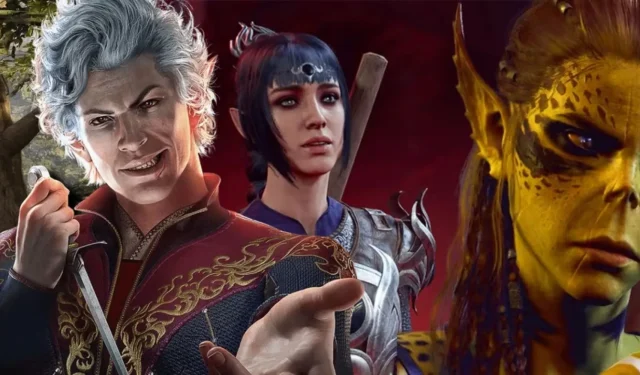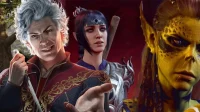The use of artificial intelligence (AI) in the entertainment sector, particularly in video games, has sparked intense debate, with actors voicing their concerns about its implications. Recently, Neil Newbon, a prominent voice in the acclaimed game Baldur’s Gate 3, has been a leading advocate against the encroachment of AI in the industry. As AI infiltrates creative domains—from writing to voice work—it raises alarms about the potential loss of genuine artistry and the authenticity that human performers bring to their roles. The apprehension is that studios prioritizing profit over quality may increasingly opt for AI, resulting in a product that lacks the soulful touch of human creativity.
Not only are artists facing job security threats from AI, but consumers too risk being deprived of authentic experiences that only human creators can provide. This is where Newbon’s initiative comes into play. Through his efforts, he aims to foster appreciation for the contributions of actors in video games and combat the adverse effects of AI in artistic expressions.
Neil Newbon and the Launch of the Pixel Pack
Pixel Pack: Advocating for Video Game Actors
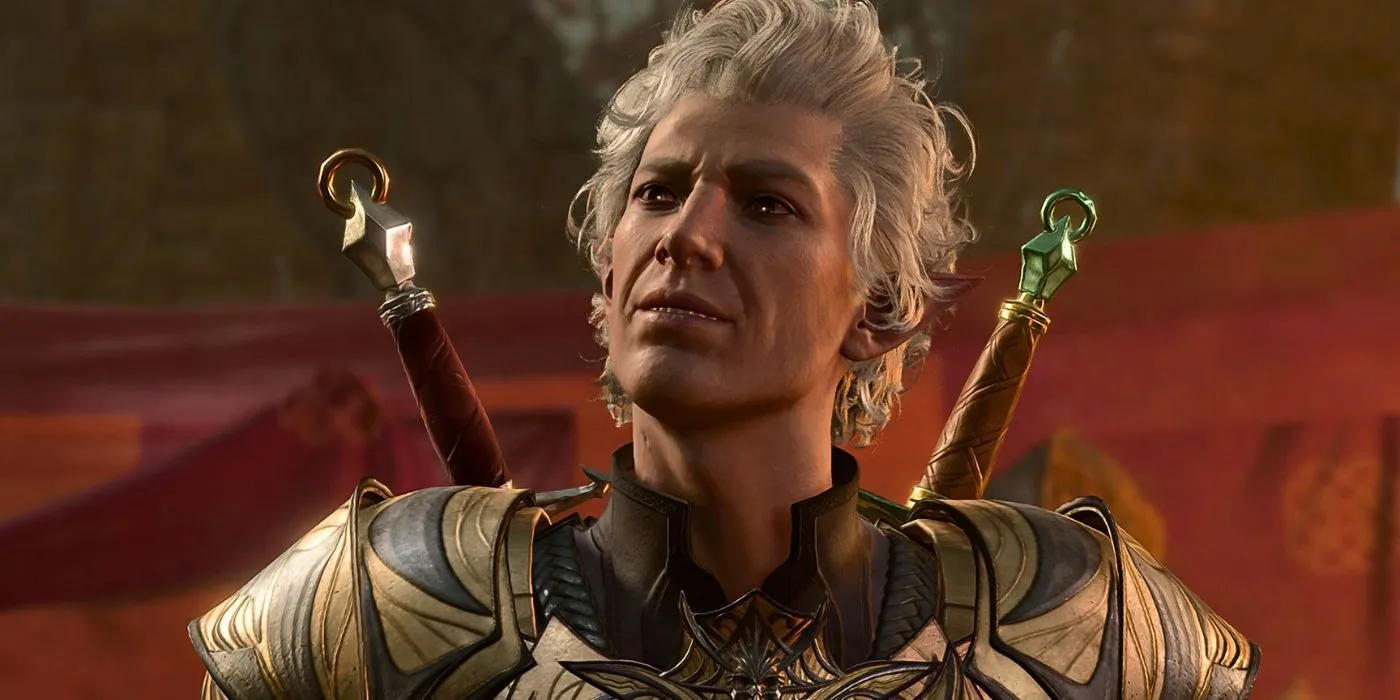
According to Entertainment Weekly, Neil Newbon has founded a collective known as the Pixel Pack, which aims to elevate the status of video game actors. This group seeks to change public perceptions, advocating that video game performers deserve recognition and rights comparable to those in film and television, including protections against job displacement by AI technology.
In an interview with Insider Gaming, Newbon discussed the motivations behind the Pixel Pack. He highlighted the effort involved in creating compelling video game narrations, emphasizing that performance extends far beyond merely reciting lines. Newbon touched on the unpredictable nature of acting, referring to “happy accidents”where spontaneous moments can elevate a performance’s impact. Such unscripted magic showcases the artistic spirit, which AI cannot replicate.
Newbon also critiqued the tendency of AI to simplify the creative journey, asserting that true artistry requires labor and dedication. For anyone who has engaged in a creative process, this notion resonates profoundly. Art is not merely a concept; it emerges from exploration, adjustments, and the transformative act of creation. AI’s ability to shortcut these essential elements diminishes the relational depth inherent in art.
Celebrating the Collective Efforts Behind Baldur’s Gate 3
The Cast’s Role in Baldur’s Gate 3’s Enduring Popularity
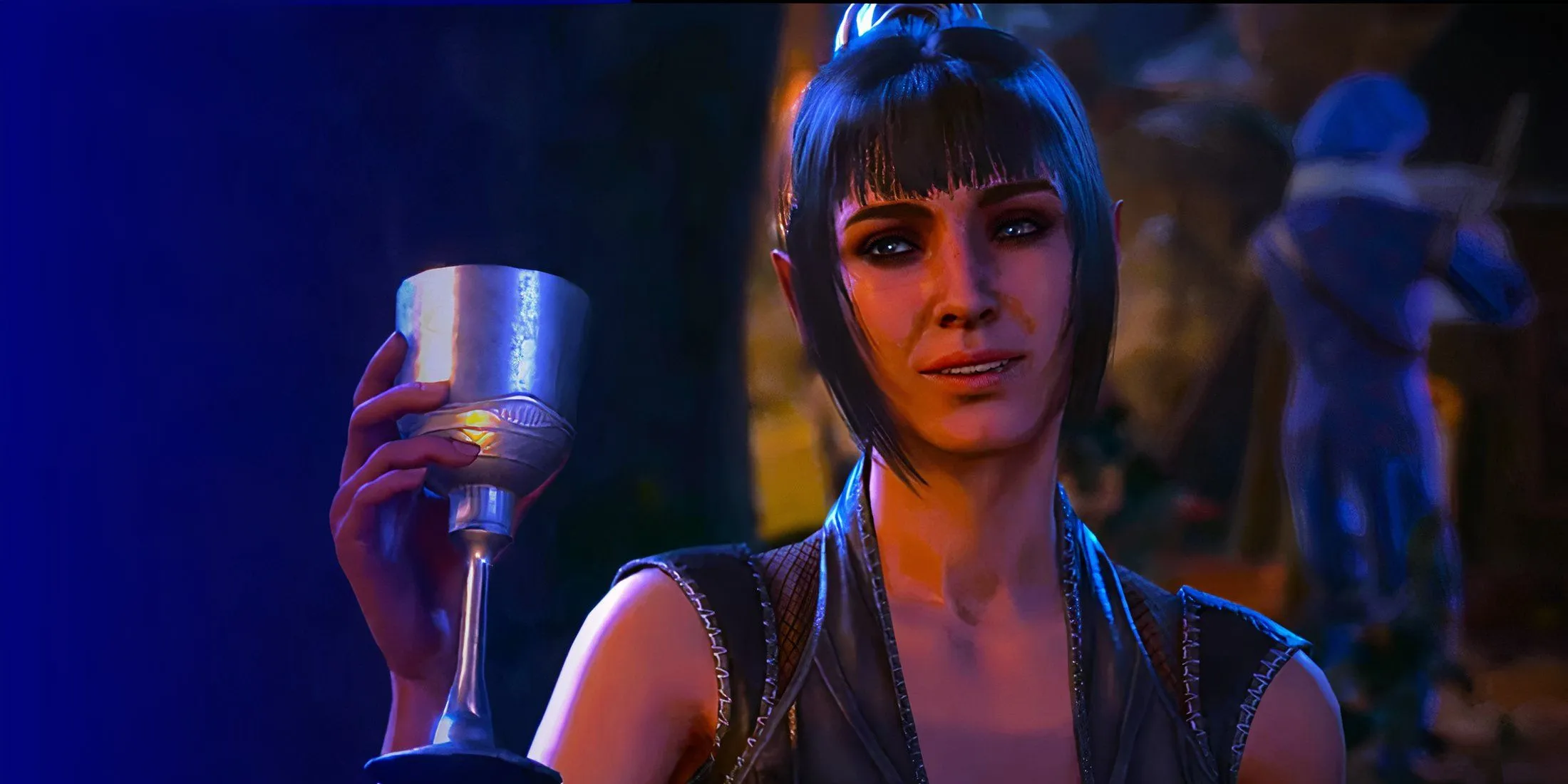
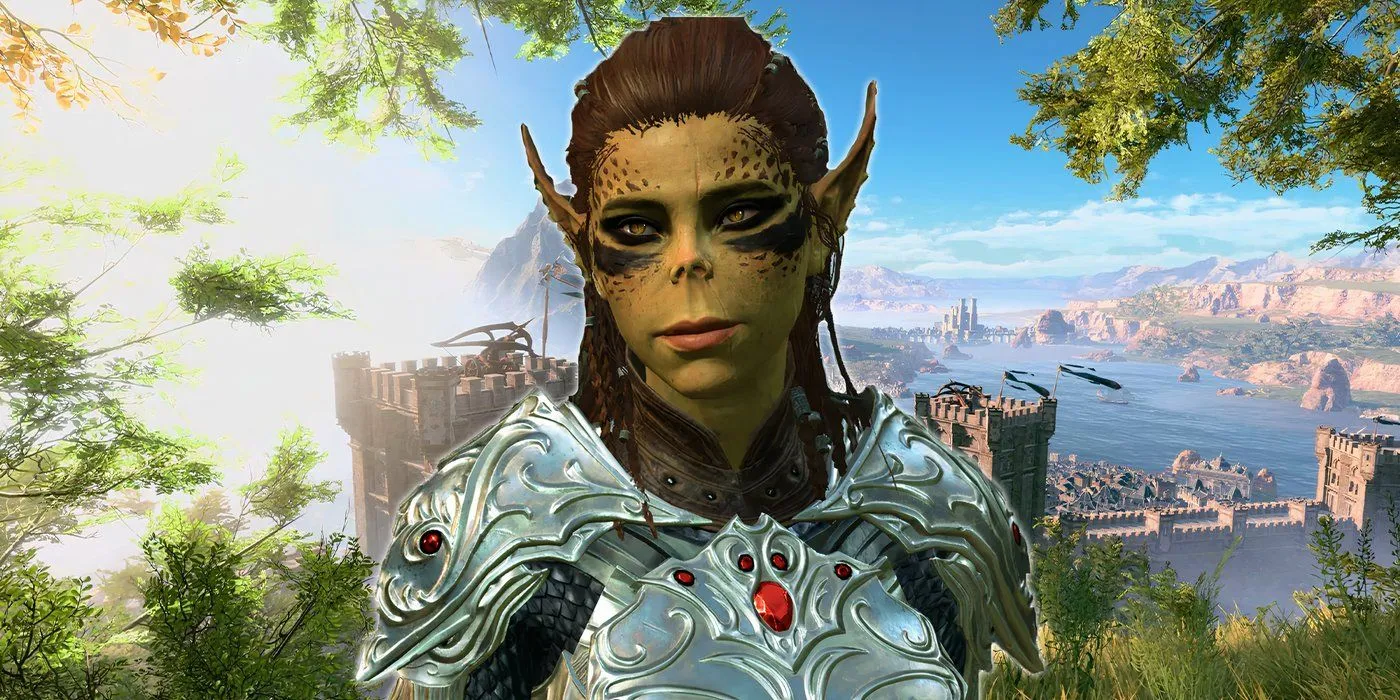
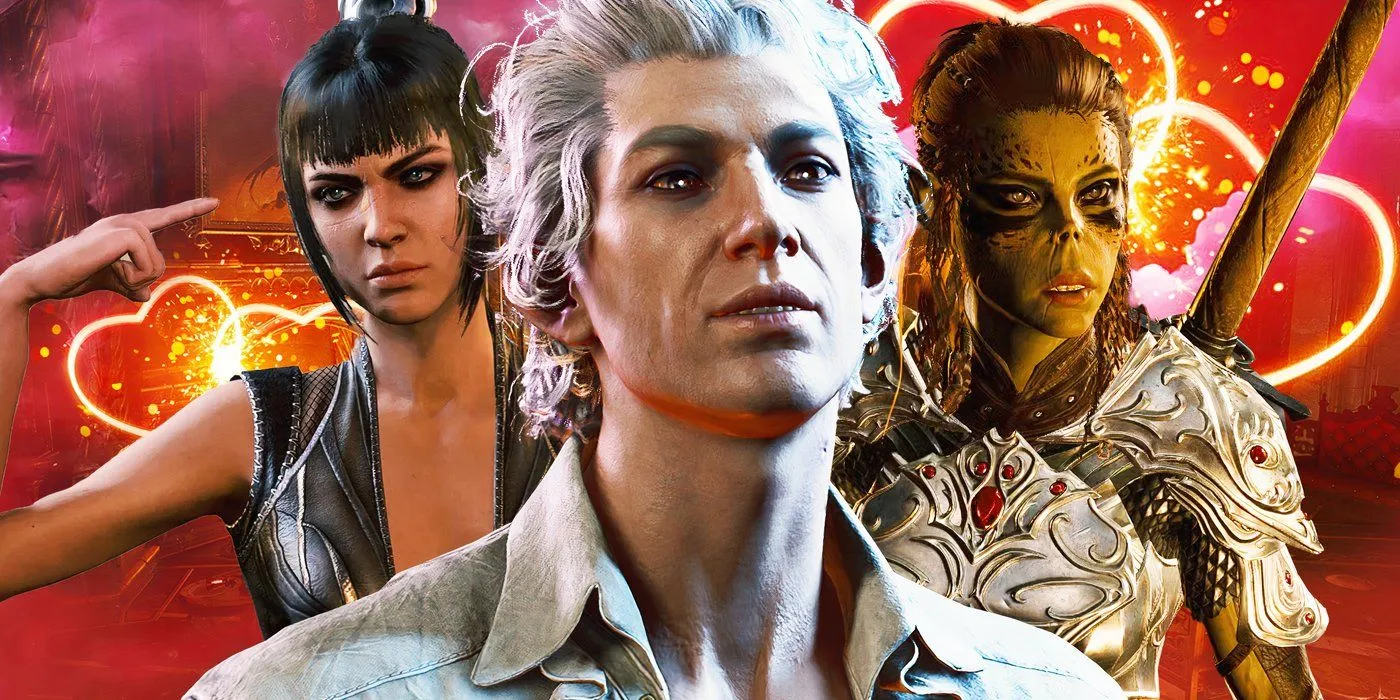
Neil Newbon’s portrayal of Astarion serves as a prime example of the value that actors contribute to video games. Following the release of Baldur’s Gate 3, Newbon’s performance quickly garnered online acclaim, with countless fans sharing clips showcasing Astarion’s character. One particularly viral clip depicting Astarion was viewed nearly two million times, illustrating how Newbon helped the character achieve iconic status in the gaming community.
The excitement surrounding Baldur’s Gate 3 isn’t solely attributed to Newbon. The dynamic interactions among characters, particularly the rivalry between Lae’zel, voiced by Devora Wilde, and Shadowheart, voiced by Jennifer English, have captivated players. Their collaborative efforts in promotional content, such as an IGN video, have propelled fan enthusiasm even further. Additionally, engaging video series where the game’s cast participates in live Dungeons & Dragons games have nurtured a special connection with the audience.
The collective talent of Baldur’s Gate 3’s cast has not only elevated the game aesthetically but has also kept it prominent in public discourse through continuous engagement with fans. This relationship uniquely contrasts with AI, which lacks the human essence necessary to create shared experiences or conversations.
A Gathering of Talent: Joining Forces Against AI
Over 27 Game Creatives Unite in the Pixel Pack
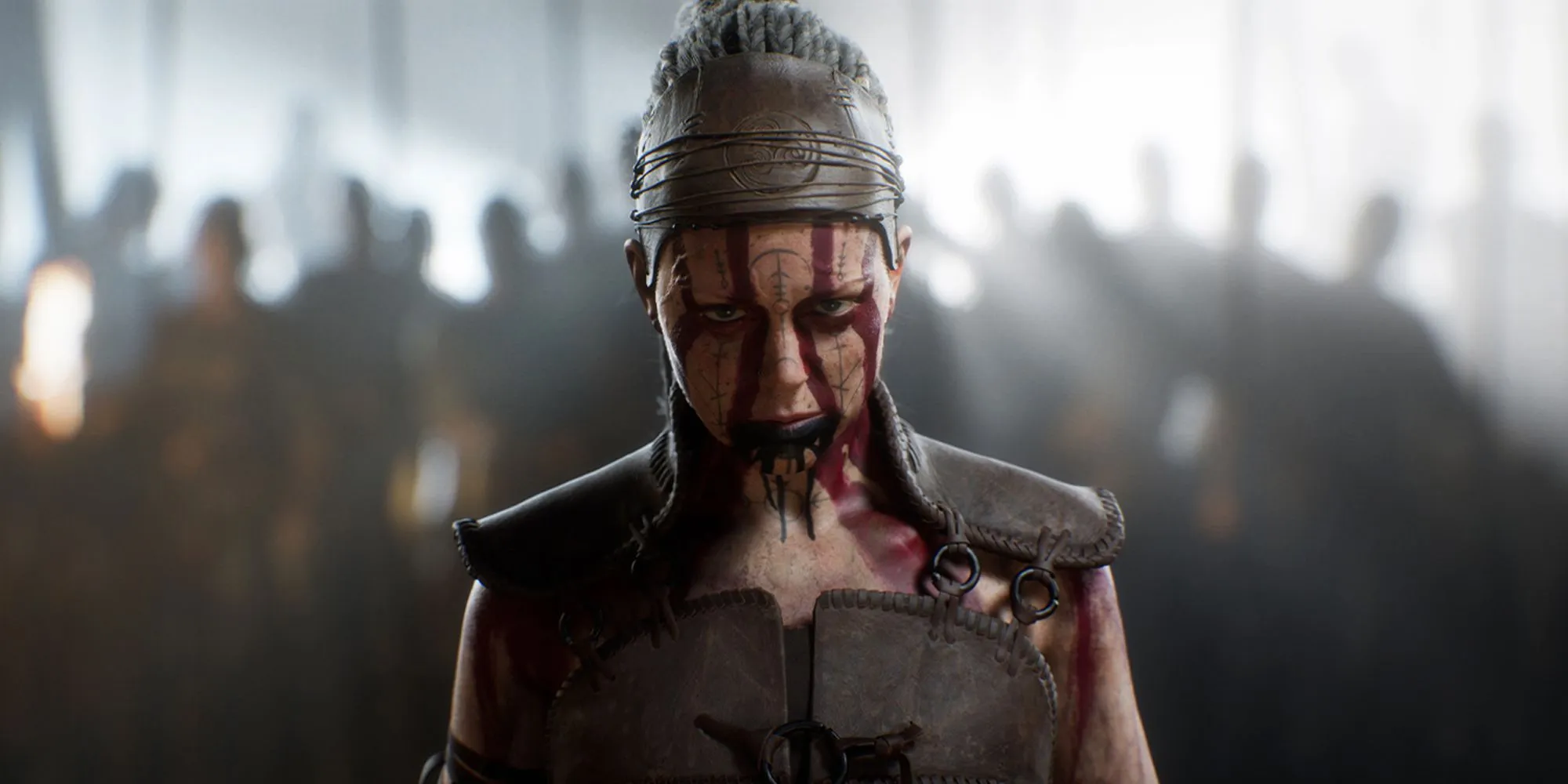
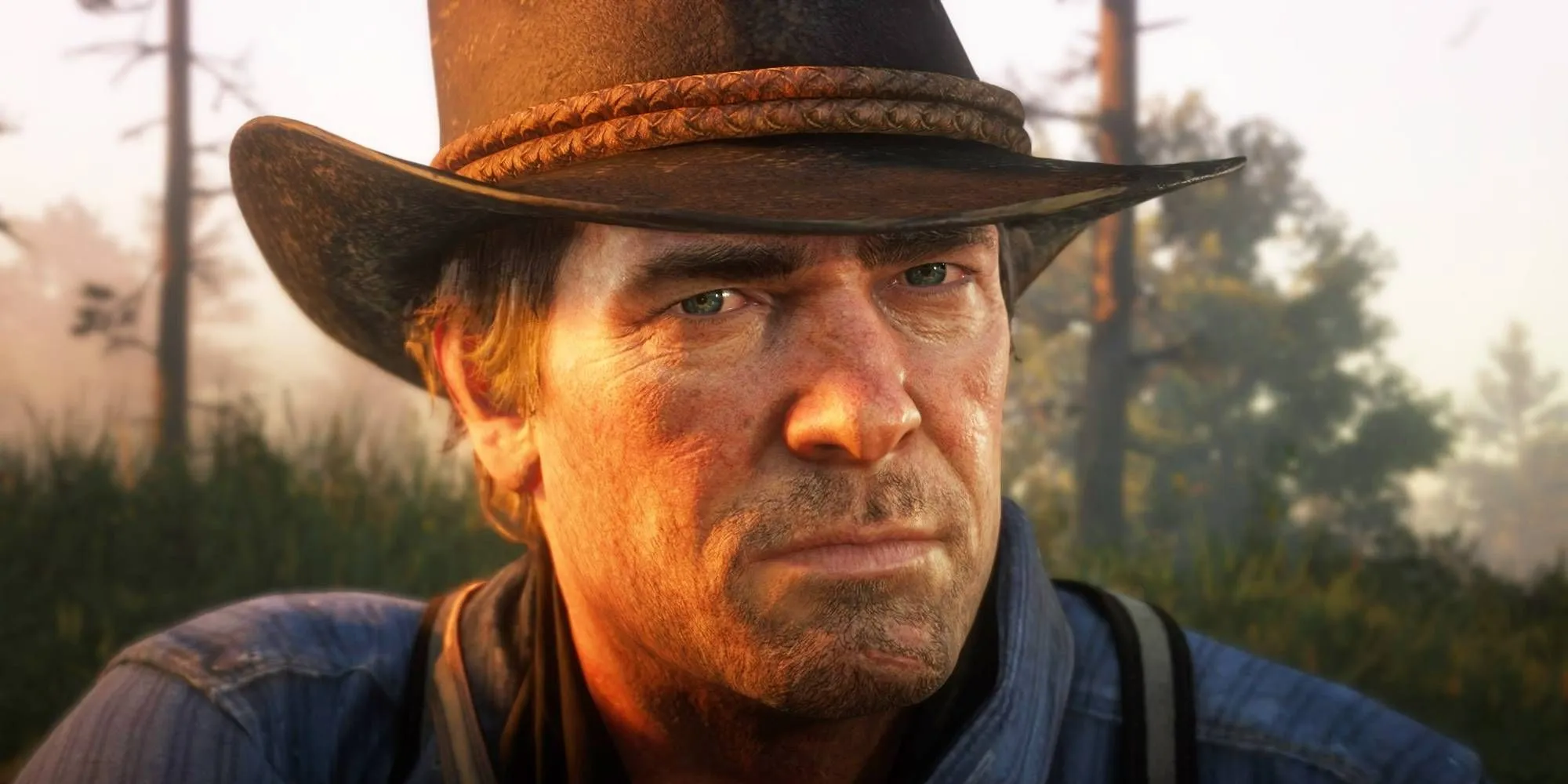
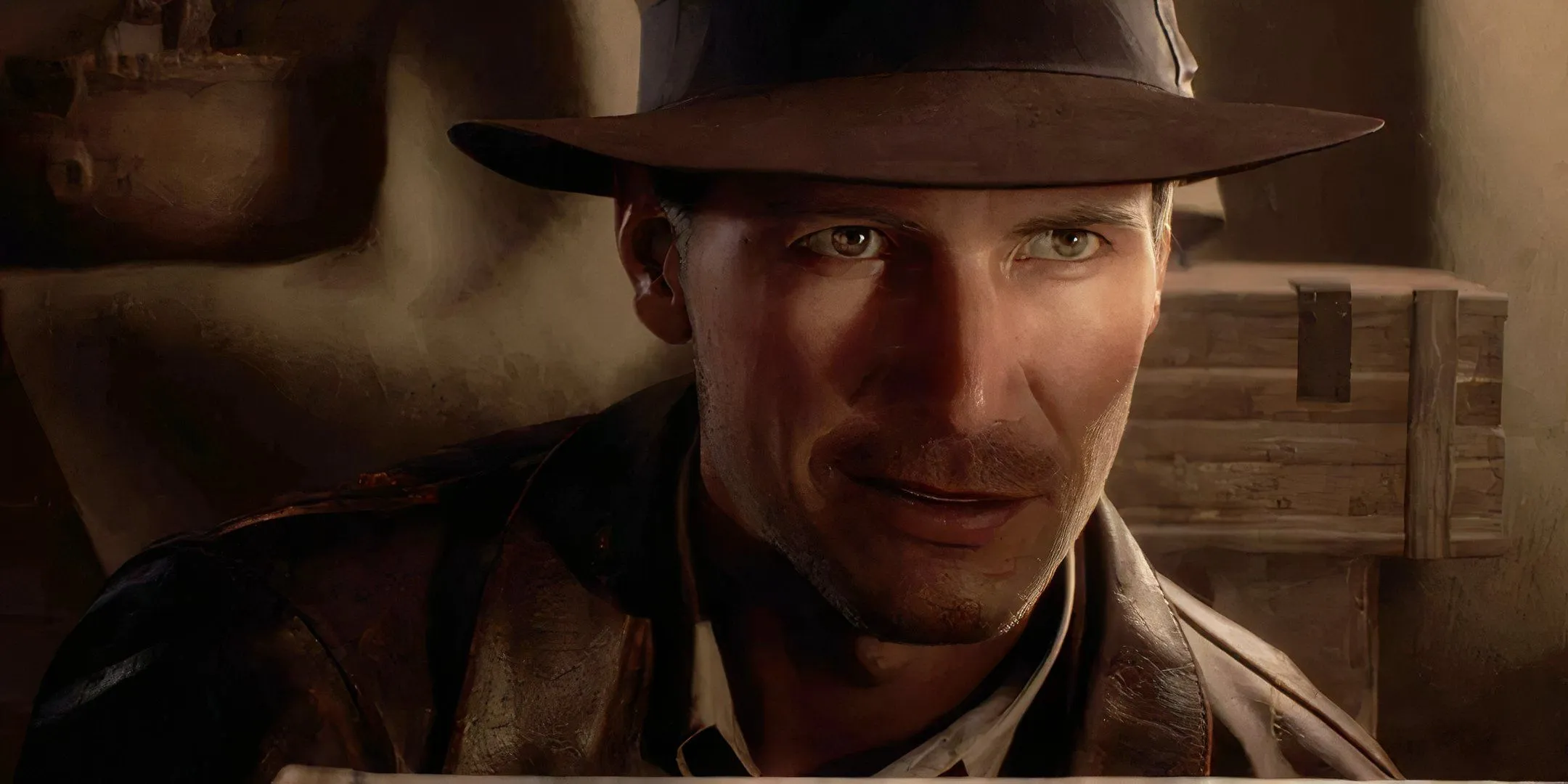
The Pixel Pack is not merely a solo endeavor; it includes an ensemble of notable voice actors, including fellow Baldur’s Gate 3 stars such as Jennifer English, Devora Wilde, Samantha Béart, and Maggie Robertson, known for her role in Resident Evil Village as Lady Dimitrescu. Furthermore, the esteemed Troy Baker, famed for his roles in games like The Last of Us and the recent Indiana Jones title, has also joined Newbon’s cause, underscoring the movement’s momentum.
Below is a comprehensive list of the talented actors contributing to the Pixel Pack:
- Abubakar Salim
- Ace Ruele
- Alix Wilton Regan
- Andi Norris
- Anjali Bhimani
- Ben Starr
- Bryan Dechart
- David Menkin
- Devora Wilde
- Díana Bermudez
- Doug Cockle
- Erika Ishii
- Fred Tatasciore
- Jane Perry
- Jennifer English
- Joseph Balderrama
- Luis Guerreiro
- Maggie Robertson
- Matt Mercer
- Melina Juergens
- Melanie Liburd
- Nick Apostolides
- Noshir Dalal
- Sam Lake
- Samantha Béart
- Troy Baker
- Yuri Lowenthal
Among these talented individuals, Melina Juergens exemplifies the dedication required for impactful video game performances, having portrayed Senua in both Hellblade titles. Her ability to convey deep emotional weight and authenticity significantly shapes the gaming experience. Similarly, one cannot overlook the depth Roger Clark added to Arthur Morgan in Red Dead Redemption 2, underscoring the importance of skilled actors in storytelling.
In his interview, Newbon articulated the growing importance of narrative within video games, asserting that the actors who breathe life into these stories are essential to their success. Even as AI technology advances, mimicking human voice and emotion, it will inevitably lack the heart and creativity inherent in a gifted actor’s performance. This is where the Pixel Pack truly shines, earning our recognition and appreciation for their invaluable contributions to the ever-evolving landscape of video games.
Sources: Entertainment Weekly, Insider Gaming, IGN/YouTube, High Rollers DnD/YouTube
